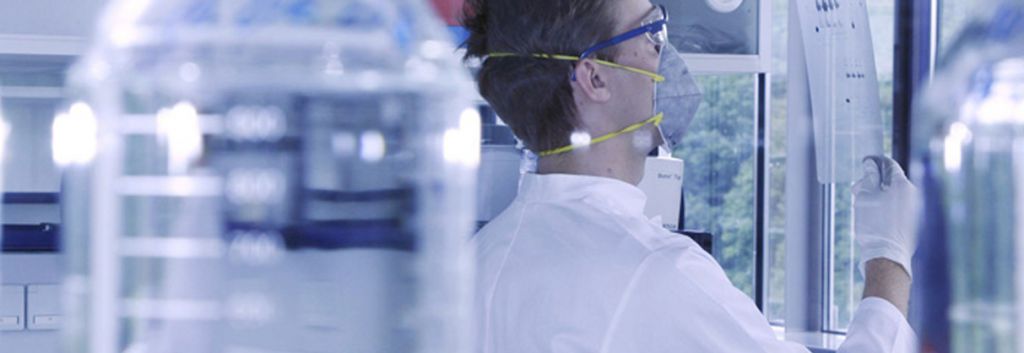Newsletter Signup - Under Article / In Page
"*" indicates required fields
Baxter has acquired SuppreMol for €200M before working capital and other adjustments. The acquisition includes SuppreMol’s early-stage development portfolio of novel biologic immunoregulatory therapeutics for the treatment of autoimmune diseases.
SuppreMol is a privately held biopharmaceutical company based in Martinsried, Germany developing treatment options for autoimmune and allergic diseases, focusing on the modulation of Fc receptor signaling pathways, an immune target that could have different uses concerning autoimmune diseases. In addition to the portfolio, Baxter also acquires and will continue to operate SuppreMol’s operations in Munich.
”Matching therapeutic innovation with market needs is challenging for biotech companies. Working with Baxter, a global immunology leader, is the ideal setting for SuppreMol’s promising therapeutic projects to deliver on our most ambitious goal to treat important autoimmune diseases and severe allergies,” said Klaus Schollmeier, Ph.D., CEO of SuppreMol.
SuppreMol’s pipeline includes lead candidate SM101, an investigational immunoregulatory treatment that has completed Phase IIa studies in idiopathic thrombocytopenic purpura (ITP, a disorder causing low platelet levels) and systemic lupus erythematosus (SLE, a disorder in which the immune system attacks healthy tissue). SM101’s Phase IIa data, presented during the American College of Rheumatology’s 2014 annual meeting, showed a dose response in multiple endpoints amongst patients with SLE disorder. The pipeline also includes technologies with potential therapeutic applications in other autoimmune diseases as well as IgE-mediated allergic diseases.
”SuppreMol has built a rare combination of leading science and promising therapeutic assets. We are proud that this important work will now continue at Baxter BioScience,” said Thomas Hecht, MD, Chairman of the Advisory Board of SuppreMol.
SuppreMol’s portfolio of novel investigational treatments complements and backs up Baxter’s immunology portfolio, offering the opportunity to expand to new areas with significant market potential and unmet medical needs in autoimmune diseases.






